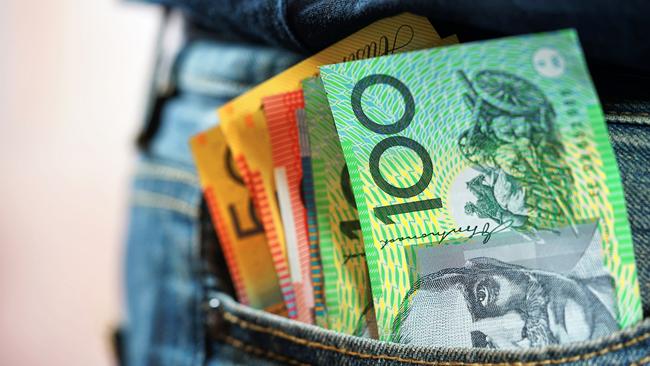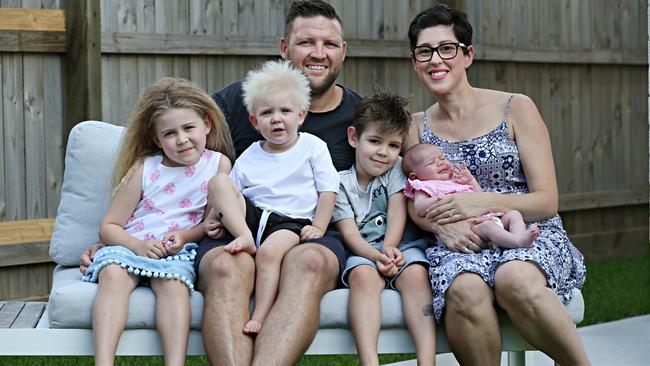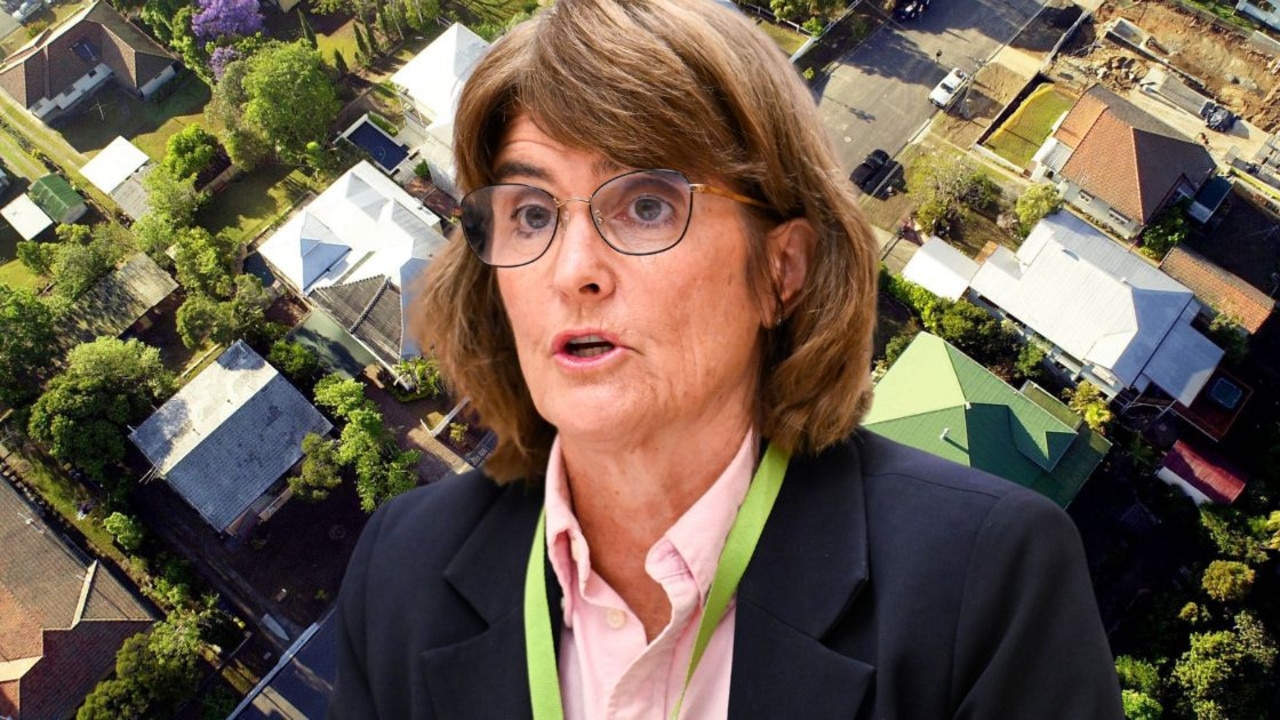New taxes, super, childcare subsidy and other important changes kick in from July 1
FROM tomorrow, a range of federal and state tax and subsidy changes, as well as new policies, will kick in with the financial year.
CM Insight
Don't miss out on the headlines from CM Insight. Followed categories will be added to My News.
FROM tomorrow, a range of federal and state tax and subsidy changes, as well as new policies, will kick in with the financial year.
Some will be welcome, others unpalatable, but all Queenslanders should check how they may be affected, and what they can do to make the most of the changes.
Longed-for reductions in power prices and some of the Federal Government’s tax relief will roll out automatically, but other changes will require more hands-on action if they are to provide assistance, including the revamping of childcare assistance
Immediate hip-pocket pleasure will be delivered by Prime Minister Malcolm Turnbull’s tax pitch to battlers which passed in the Senate last week, lifting the lid on the 32.5 per cent tax bracket from $87,000 to $90,000, while a 3.5 per cent increase in the minimum wage will also help battlers’ budgets.
But changes to penalty rates will deliver pain to workers in the fast-food, hospitality, pharmacy and retail industries.

Meanwhile, Australian job seekers will have to abide by a demerit points system similar to that used with driver’s licences. The Personal Responsibility Phase will include a “three strikes” system, aiming to identify those who need help earlier while cracking down on those cheating the system. The Government hopes the change will stop job seekers from turning down work or persistently missing requirements.
Online overseas purchases under $1000 will be slugged with GST from July 1, a move hailed by the Australian Retailers Association as creating a fairer tax system and putting local retailers on a level playing field.
Changes to superannuation rules aimed at helping older Australians wanting to downsize their homes and boost their retirement nest-eggs will also come into effect.
First-home buyers who have been saving since last year via the “first home super saver scheme” will be able to access up to $15,000 of those voluntary contributions for a deposit.
Meanwhile in Queensland, new state taxes kick in, including an extra 2 per cent stamp duty on luxury cars costing more than $100,000, and owners of aggregated land holdings with an unimproved value of $10 million will be subjected to a 2.5 per cent increase in land tax.
CHANGES AT A GLANCE
FEDERAL
SUPERANNUATION
People aged 65+ will be able to contribute up to $300,000 from the sale of a family home to their super.
INCOME TAX RELIEF
PERSONAL: 32.5 per cent bracket will lift to $90,000, saving someone earning that about $135 a year in tax while a new rebate, to be paid in the 2018-19 tax return, applies for people earning up to $125,000 a year.
CORPORATE: companies with a turnover of between $25 million and $50 million a year will pay a lower tax rate of 27.5 per cent.

IMMUNISATION
Parents receiving Family Tax Benefits could have up to $28.28 a fortnight cut from payments if their children aren’t immunised.
CHILDCARE
Parents need to register for the new Child Care Subsidy before July 2 — see below for details of the changes.
TAX ON ONLINE BUYS
GST will be applied to all online purchases made overseas, irrespective of price.
HIGH-EMISSION STANDARD
Gardening and other equipment not meeting new emission standards will start to be phased out.
MINIMUM WAGE INCREASE
The 2.3 million lowest paid workers will get a pay increase of 3.5 per cent.
PENALTY RATE CUTS
Rates for hospitality workers will decrease by 10 per cent, retail workers by 15 per cent, with casual workers copping an extra 5 per cent decrease. Pharmacy workers’ rates will drop 15 per cent and fast-food employees 10 per cent.

FOOD LABELS
The green and gold kangaroo label will have a new bar showing the percentage of Australian produce in the item.
PLANE RESTRICTIONS
A 350g limit on inorganic powder in carry-on luggage during international flights takes effect.
PASSPORTS
Glasses will no longer be allowed in passport photos.
STATE
PLASTIC BAGS
Single-use plastic bags banned.
POWER
Origin Energy will cut residential power bills by 1.3 per cent and small business power bills by 4 per cent. AGL to reduce residential power bills by 1.6 per cent.
LAND TAX
A 2.5 per cent hike on land tax for owners of aggregated land holdings with an unimproved value of $10 million.
FIRST HOMEOWNERS
First Homeowners Grant will reduce from $20,000 to $15,000.
WORKPLACE SAFETY
A new offence of industrial manslaughter takes effect.
FOREIGN LAND OWNERS
Additional Foreign Acquirer Duty — up from 3 per cent to 7 per cent.

LUXURY VEHICLES
Stamp duty will increase by $2 per $100 of dutiable value for vehicles costing more than $100,000.
CHILDCARE CHANGES
THE Federal Government’s overhaul of childcare payments requires parents to register for the Child Care Subsidy before Monday to avoid losing assistance.
Families earning $66,958 or less will have 85 per cent of their childcare fees covered by the Government, with the subsidy gradually reducing to 50 per cent for families earning $171,958, then to 20 per cent for a $351,248 income.
Households earning up to $186,958 will have the subsidy cap of $7613 a year removed, while those between that income and $351,248 will benefit from a higher cap of just over $10,000 per child.

A million families have registered to make the switch but earlier this week, there were 200,000 people yet to register. When updating details, households will be required to provide an estimated income for 2018-19 and approximate work hours for both parents. They also need to make sure their child has been logged in the system as enrolled at the centre they use or the application will not be finalised.
Brisbane mother Kira Brownette, who has two sons in daycare, says the changes will not affect her significantly. “We still have our 12 hours a day. The only thing that changes is the cap has gone up, so if we wanted to put in an extra day (or hours) we’re less likely to go over that cap now,” says Kira, pictured with husband Ryan, and Talai, 5, Koda, 2, Rourke, 4, and Aster, 3 months.


